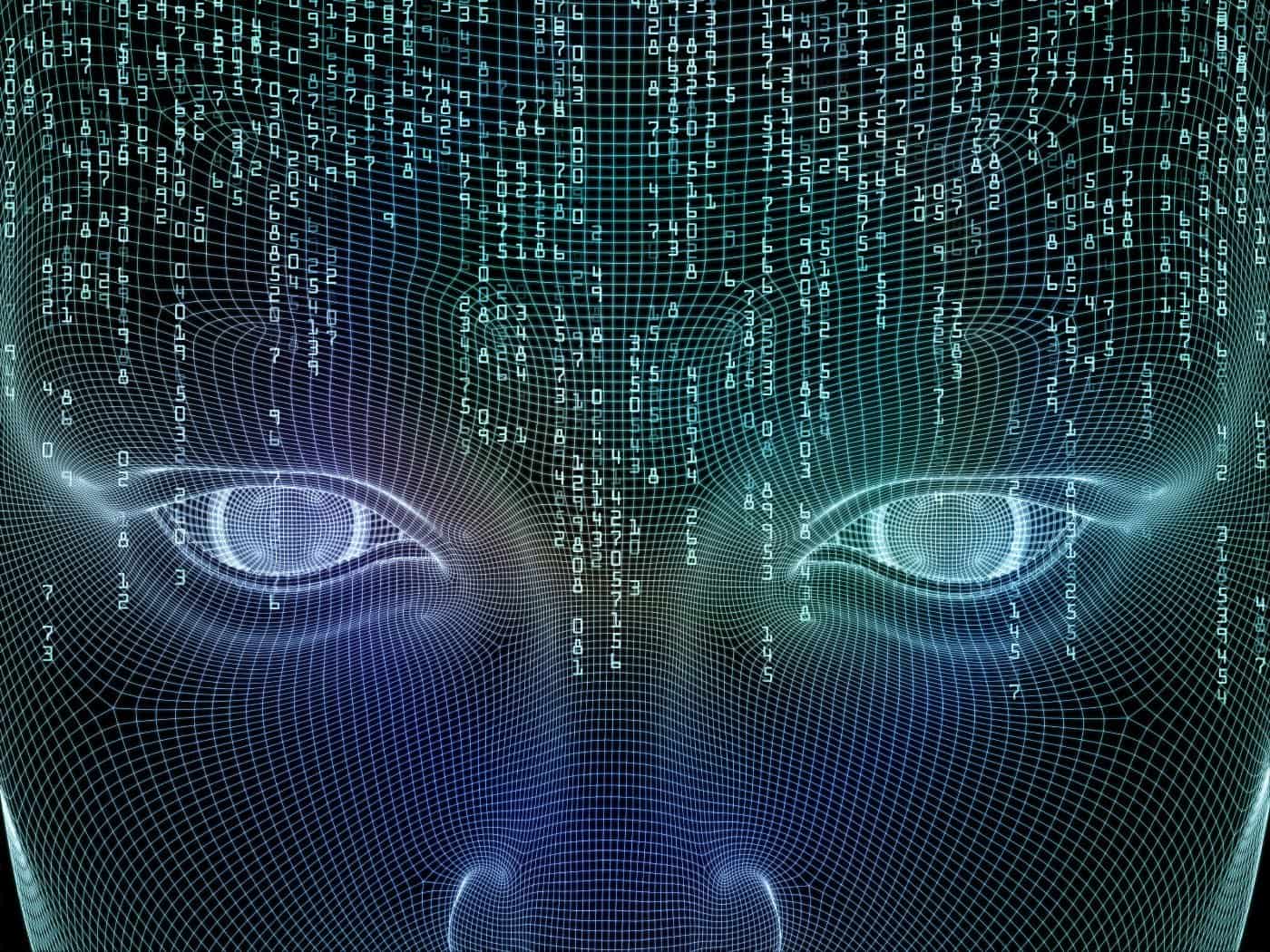In recent years, the rise of artificial intelligence (AI) has sparked significant changes across various sectors, with education being no exception. Among the most transformative effects of AI is its influence on special education and inclusive learning. These advancements are providing new opportunities for personalized education, enhancing accessibility, and fostering an inclusive environment where all students can thrive.

AI: A Game-Changer in Special Education
Special education has traditionally faced challenges such as limited resources, varying student needs, and the need for highly personalized instruction. AI is now addressing these issues by offering innovative solutions that cater to the unique requirements of each student.
One of the most promising applications of AI in special education is the development of adaptive learning systems. These systems use algorithms to assess a student’s strengths and weaknesses in real-time, allowing educators to create customized learning plans. For example, students with learning disabilities like dyslexia or ADHD can benefit from AI-driven tools that adapt content to their learning pace and style, ensuring they receive the support they need to succeed.
Moreover, AI can assist educators in identifying learning challenges early on. By analyzing patterns in a student’s performance, AI tools can flag potential issues, enabling timely intervention. This proactive approach is crucial in special education, where early detection and intervention can significantly improve outcomes. For students working on advanced projects or to buy a dissertation, tools like PaperWriter can offer vital support, especially when academic workloads become overwhelming.
Enhancing Inclusive Learning through AI
Inclusive learning aims to provide equal educational opportunities for all students, regardless of their abilities or disabilities. AI is playing a pivotal role in this endeavor by breaking down barriers and creating a more accessible learning environment.
One of the most notable advancements is the use of AI in assistive technologies. These tools, such as speech-to-text software and AI-powered communication devices, allow students with physical or communication disabilities to participate fully in classroom activities. For instance, students with hearing impairments can use AI-driven captioning tools to follow along with lectures in real-time, while those with mobility challenges can benefit from AI-powered devices that enable them to interact with digital content more easily.
AI is also making strides in personalized learning, which is essential for inclusive education. By tailoring content to individual learning preferences and needs, AI ensures that all students, including those with disabilities, have access to the same educational opportunities. According to pandoras-brain.com, this level of personalization was previously difficult to achieve, especially in large, diverse classrooms. For those pursuing higher education, the option to purchase dissertations online has also become a useful resource for students who require additional academic assistance.
In addition to enhancing accessibility, AI can also promote collaboration among students. AI-driven platforms can facilitate group work by matching students with complementary strengths and learning styles, fostering an environment where everyone can contribute meaningfully. This collaborative approach not only benefits students with special needs but also promotes empathy and understanding among their peers.
The Role of AI in Supporting Educators
While AI is revolutionizing special education and inclusive learning for students, it is also providing invaluable support to educators. Teachers in special education often face high demands, from developing individualized education plans (IEPs) to managing diverse classrooms. AI can alleviate some of these burdens by automating routine tasks and providing insights that inform instructional strategies.
For example, AI tools can assist in the creation of IEPs by analyzing data on a student’s performance and suggesting tailored goals and strategies. This allows educators to focus more on delivering personalized instruction rather than spending countless hours on paperwork. Additionally, AI can provide real-time feedback on teaching methods, helping educators adjust their approaches to better meet the needs of their students. When it comes to academic planning, students might find themselves buying a dissertation for efficient and effective study aids.
Furthermore, AI-driven professional development platforms can offer teachers in special education access to ongoing training and resources. These platforms can recommend courses, articles, and tools based on the educator’s specific needs and the challenges they face in the classroom, ensuring they are equipped with the latest knowledge and skills.
Ethical Considerations and Challenges
While the potential of AI in special education and inclusive learning is immense, it is essential to address the ethical considerations and challenges that accompany its adoption. One of the primary concerns is data privacy. AI systems rely on vast amounts of data to function effectively, raising questions about the security and confidentiality of student information. It is crucial that educational institutions implement robust data protection measures to safeguard sensitive information.
Another challenge is ensuring that AI tools are designed with inclusivity in mind. There is a risk that AI systems, if not properly calibrated, could reinforce existing biases or overlook the needs of certain student populations. For instance, an AI-driven learning platform that has not been tested on diverse student groups may not be as effective for students with specific disabilities. Therefore, it is essential to involve educators, students, and disability advocates in the development and testing of AI tools to ensure they are truly inclusive.
Moreover, the integration of AI into special education should not replace the human element of teaching. While AI can provide valuable support, the role of educators remains irreplaceable. Teachers bring empathy, creativity, and personal connection to the classroom—qualities that AI cannot replicate. The goal should be to use AI as a tool that enhances, rather than replaces, the essential human aspects of education.
Looking Ahead: The Future of AI in Special Education
As AI continues to evolve, its impact on special education and inclusive learning will likely grow even more profound. Future developments may include AI-driven platforms that offer real-time language translation for non-native speakers, or advanced AI tutors capable of providing one-on-one support tailored to the specific needs of each student.
For students and educators alike, the possibilities are vast. However, it is important to approach the integration of AI with caution, ensuring that it serves the best interests of all learners. As AI reshapes the landscape of special education, it offers the potential to create a more inclusive and equitable educational environment where every student can succeed. For those balancing multiple academic responsibilities, the option to buy a dissertation paper can be a strategic decision to manage workload effectively.
